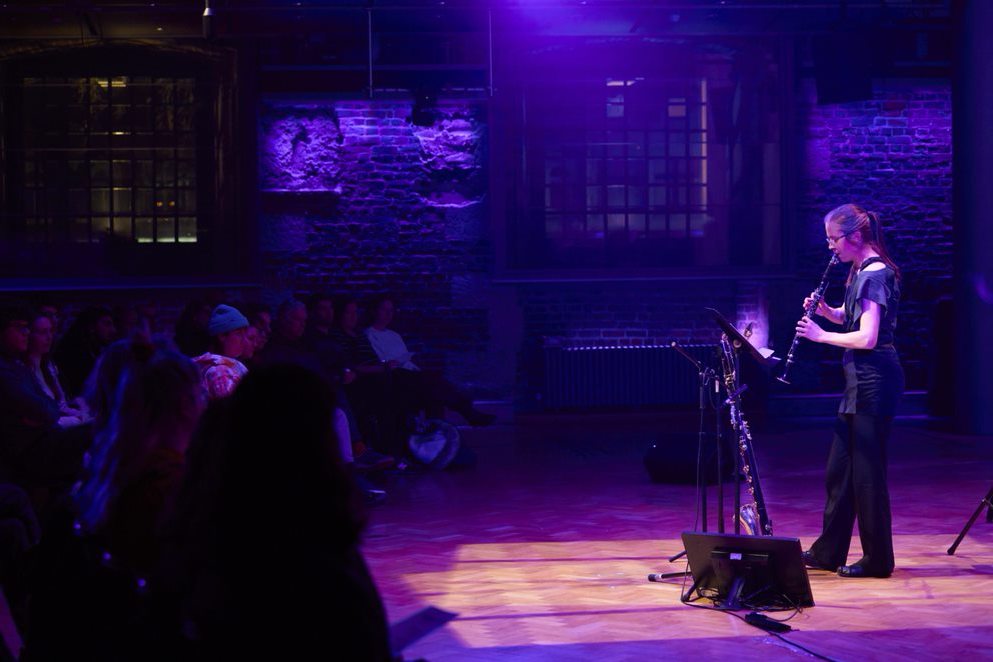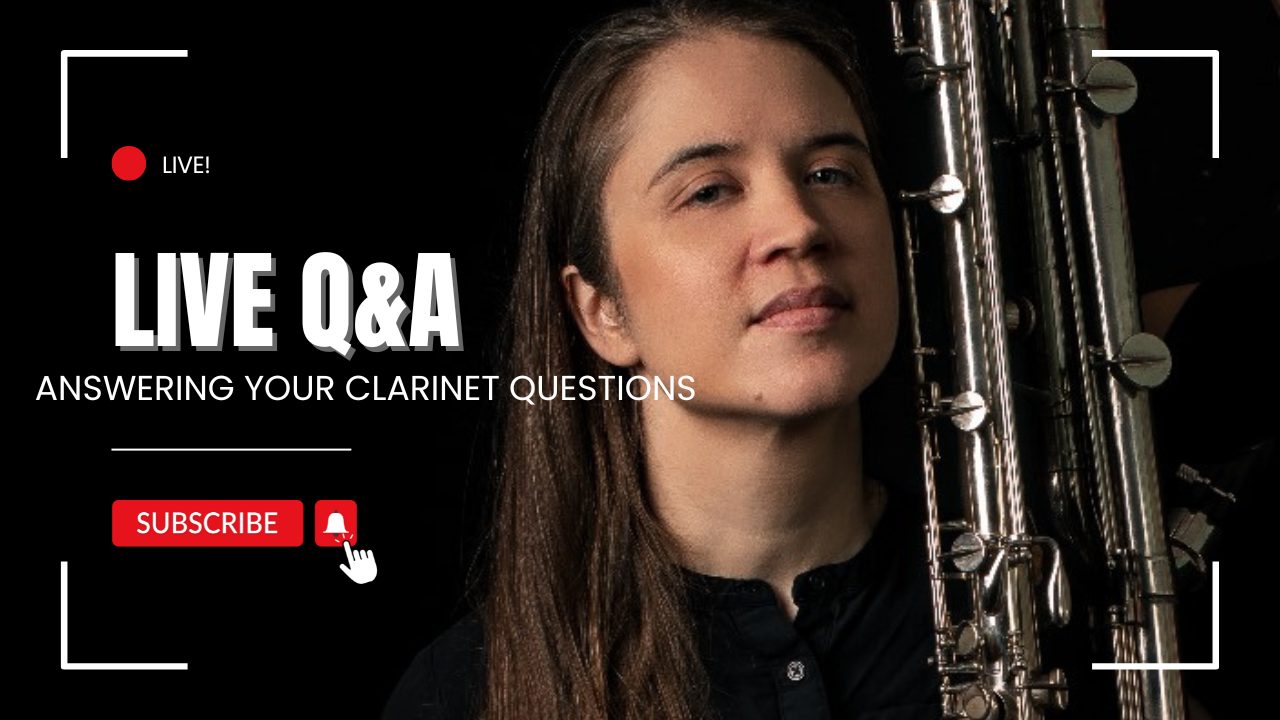The Royal Philharmonic Society has recently announced a workshop for professional women musicians new to conducting. A great idea, featuring an afternoon of conducting and lectures on business and leadership, and a small class size with only 10 women invited. I was about to apply. And then, I noticed that the repertoire included in the workshop is all written by men. I immediately felt a mix of surprise, alarm, disappointment and frustration. This must be some kind of oversight, right?
Anyway, the Internet had some answers after I expressed my alarm and frustration on Twitter: there are no pre-war women composers of this quality (um, seriously?), the music needs to be easy for new conductors (er, and?).
I suspect, however, it comes down to a combination of lack of attention, laziness and a lack of curiosity about music in general.
So, I’ve put together a little list of some pieces for consideration for your next conducting workshop. Full disclosure, and I think this is important: I am no expert on music of this era. So I’ve put this list together in about an hour’s listening and research, with some help from a few friends (especially Anton Lukoszevieze, who has anyway over the last year or so introduced me to so much amazing music). But anyway, if I can do this, anyone can.
I’ve only just started to discover repertoire by women of this era, and look forward to the listening to come!
(And, I’d still like to apply. Although I suspect I haven’t made any friends at that particular organisation today.)
Sophie-Carmen Eckhardt-Gramatté, Symphony No. 1
Russian-born Canadian (I didn’t waste any time to get a Canadian in there), she studied with Vincent d’Indy and Camille Chevillard in Paris, and her orchestral output includes two symphonies (including the first, linked here, the second movement of which would be an easy choice for a workshop), a piano concerto, a triple concerto for trumpet, clarinet and bassoon, three piano concertos, two violin concertos, a bassoon concerto and a piece for two pianos and orchestra. Phew!
Ruth Crawford Seeger, Music for small Orchestra
American composer, she was fascinated by Scriabin and a big influence on Elliott Carter. She lacks the extensive orchestral output of Eckhardt-Gramatté, but I’m not sure if you need anything other than her wonderful Music for small orchestra. Deeply atmospheric, the small orchestra gives lots of space to individual instruments, making it an ideal exercise in listening and cueing for any conducting workshop.
Germaine Tailleferre, Ballade pour piano et orchestre
French composer, studied at the Paris Conservatory, and befriended Maurice Ravel, who encouraged her to apply to the Prix de Rome. I’ve barely begun to scratch the surface of her extraordinary output, which includes a lot of orchestra music. But she is wonderful…
Elizabeth Maconchy, Nocturne
English composer of Irish heritage, Maconchy studied with Vaughan Williams and Charles Wood. Brooding and dramatic, her Nocturne is sure to inspire any budding conductor. (And if you’re looking for something newer, why not check out work by her daughter, the composer Nicola LeFanu.)
Dame Ethel Mary Smyth, Overture to The Wreckers
Going back a little further, Englishwoman Dame Ethel Mary Smyth was not only a composer, but also a member of the women’s suffrage movement, making her a good choice for 2018, as we celebrate the 100th anniversary of (some) women getting the vote in England. This overture is also fairly stirring stuff, very much on par with the Royal Philharmonic Society’s offerings for their conducting workshop.
There. That’s 5. That was fairly easy and I came across dozens of others that I would happily have included. What would you include on your list?





Leave a Reply to James Poke Cancel reply